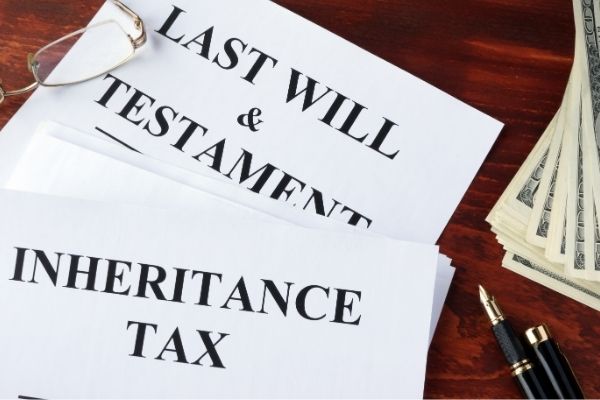There are many fees and taxes that can be imposed on an estate after the death of a loved one. However, some states also impose a tax on an heir that has inherited from the estate. This is known as the Inheritance Tax.
Not every state imposes the Inheritance Tax, and South Carolina is one of many that does not. South Carolina also does not impose an Estate Tax, which is a tax taken from the deceased’s estate soon after the loved one has passed.
However, that does not mean that there are no taxes or fees that are imposed on an estate in South Carolina. There are both federal and state income taxes that are imposed upon estates. These taxes are levied against any income that is earned during the administration of the estate. Additionally, the administrator of the estate must make sure that the decedent’s final tax returns, both state and federal, are submitted. The administrator might also have to report any earnings that the estate makes after the decedent passes, such as those from stocks and bank accounts.
There is also a federal estate tax that is imposed on estates that reach a certain income threshold. This threshold changes often, but in 2020 the threshold was $11.58 million. If an inherited estate is valued above that amount, then the excess money is taxed. However, if the estate is passing to a surviving spouse, then the federal estate tax is not levied until the surviving spouse passes.
Estate administration is complicated, which is why hiring an attorney to guide you through the process is highly encouraged. The attorneys at King Law have years of experience and are highly knowledgeable in the area of estate administration and planning and are available to guide you through this difficult process. Call King Law today at 888-748-KING (5464).

